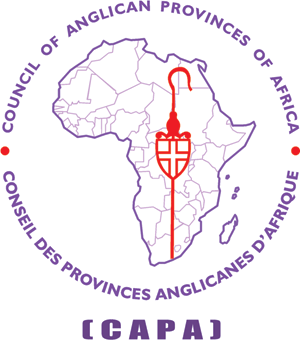“Money is not the goal, money has no value. The value comes from the dreams
money helps to achieve”
Mandate of the Commission: To mobilize communities through the Parishes to map the resources in their midst and to harness them for their development; contribute to equipping communities with financial literacy skills such as budgeting, savings, and debt management; the use of bank services, and how training in financial negations, innovation and entrepreneurship. This Commission will popularize good practices in value addition to crops and advocate for affordable financial services, access to markets and infrastructure development.
a) Investment In Sustainability Of Assets And Property
Most Anglican Provinces, Diocese and Parishes have assets such as Guest Houses, Student Hostels, Hospitals/Clinics, Technical Institutions, Colleges and Universities, Land and Farms and property, Savings and Credit Cooperatives (SACCOS), however, most of them need to be profession-ally and profitably managed. There are also individual members and groups with income generating projects. Provinces are also replete with investment and business models, Pension Schemes and training modules. For example, Yei Diocese in South Sudan has A Guest House sitting on 38.11 hectares of land located along a transit highway. Later the same investment was expanded to include other investment on the land, which would raise salaries for clergy. In Zambia, the old Bishop’s house is being leased to a school.
“Ukristo Na Ufanisi wa Waanglikana” is a Bank that is owned by Anglicans. 4
Elders started the Bank. Each share was set at 500 Kenyan Shillings limited
to 500 shares per person. They now earn dividends and are charged only 1 %
interest per month on loans. The Bank gave birth to a new building that houses
several business that have rented space. The rent collected is about 2 million
Kenyan Shillings per month.
There is an investment climate in the region but for any church to invest meaningfully and take advantage of this climate, it must be matched by technical skills that must be used to protect the Church from being exploited by shrewd foreign investors and financial institutions.
